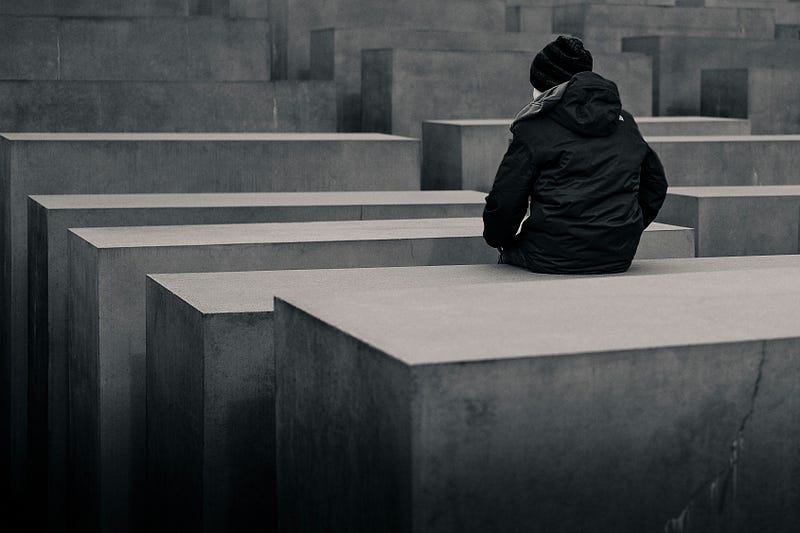Book Appointment Now
Finding Peace When Your Abuser Dies

When your abusive ex passes away, you may have mixed feelings about it. A part of you may feel relieved that they will no longer bother you in your life and you can now fully move on while some other part of you may feel sad and regret as you reflect back on the relationship you had with them. You may reflect on the good aspects of the relationship as well as abusive moments. It can be just a complex emotional journey. So, you may ask yourself if it’s really okay to mourn the passing on of your abusive ex or should you celebrate it?
It’s essential to understand that mourning the loss of your abusive ex is a completely natural process. Despite the pain and mistreatment, you endured during the relationship, there’s often still an emotional connection that persists. Grief arises when there’s a sense of loss, and this connection, no matter how toxic, can create a space for mourning.
Feeling sadness or even crying over the death of your abusive ex is entirely okay. There’s no need to blame yourself or feel conflicted about these emotions. The challenge comes when you internalize the idea that you shouldn’t be grieving, leading to internal conflict and confusion.
The mourning process may also be complicated by the fact that the death can act as a trigger, taking you back to the moments of hurt during the relationship. It might resurface unresolved issues or unprocessed emotions related to the abuse. Instead of suppressing these feelings or thinking you shouldn’t be mourning, allow yourself to acknowledge and feel the emotions.
Your mind might play tricks on you, suggesting that you shouldn’t be grieving for someone who caused you so much pain. However, it’s important to recognize that your emotions are valid and don’t necessarily need to be rationalized. Grief is a complex and individual process, and it’s okay to experience a range of emotions.
Avoid beating yourself up or trying to find meaning in the grief. Sometimes, emotions are meant to be felt without attaching a specific reason or meaning to them. By allowing yourself to experience and express these emotions, you’re not only acknowledging the loss but also freeing yourself from emotional baggage. Suppressing emotions can lead to the development of ‘strange’ physical symptoms at the latter stages of life. The key is to release these emotions fully in the present moment, allowing yourself to process and heal. It’s not about holding onto the past but about letting go in a way that is healthy for you.
Remember that it’s okay to cry, to feel, and to express these emotions. Compassion for yourself can arise from embracing the complexity of your emotions. Avoid internalizing external opinions that suggest you should be happy about their death. You are human, and it’s okay to navigate the complex terrain of emotions.
In conclusion, mourning the death of an abusive ex is a natural process, and it’s okay to grieve despite the complexities of the relationship. Allow yourself to feel without judgment, and in doing so, you’ll gradually free yourself from emotional burdens.
Note from the Author
If you’re ready and you’d like my help with healing, finding peace in life and breaking free from these toxic patterns, then you can book a FREE BREAKTHROUGH CALL with me HERE. Happy healing 💙💙. Feel free to share and comment! Use this information with caution, it comes from my own thoughts & bias, experiences and research😊.






